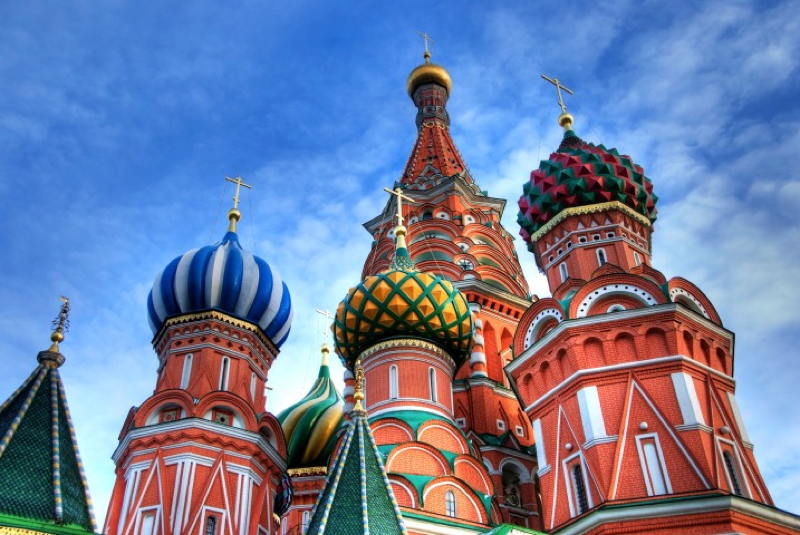

Russia’s communications watchdog Roskomnadzor continues to attempt to ‘punish’ American technology platforms.
According to Reuters, the latest development has seen Roskomnadzor warning Google that it will take punitive measures against it, including a ban on advertising the platform and its information resources, for allegedly violating Russian law.
YouTube, it should be remembered, has already blocked channels connected to Russian state-backed media outlets RT and Sputnik over its fake propaganda claims, amidst the punishing global sanctions against Russia for its unprovoked and brutal invasion of Ukraine.
RT is a Russian state-controlled television network funded by the federal tax budget of the Russian government.
In September 2021, YouTube deleted the German-language channels of RT (formerly Russia Today), for breaking its policies and rules surrounding Coronavirus misinformation.
Now this week Roskomnadzor is accusing YouTube of becoming “one of the key platforms spreading fakes (fake images) about the course of (Russia’s) special military operation on the territory of Ukraine, discrediting the Armed Forces of the Russian Federation.”
Roskomnadzor said the measures against Google will include a warning in search engines saying it is violating Russian law, would remain in place until it complied with legislation.
Google did not immediately respond to a request for comment, Reuters reported.
Last month, Russia reportedly demanded that Google stop spreading what it called threats against Russian citizens on YouTube.
Roskomnadzor also blocked Google’s news aggregator service in March, accusing it of allowing access to fake material about the military operation in Ukraine.
Russia of course is trying to tightly control the news about what is actually happening in Ukraine.
In March President Vladimir Putin signed a bill into law that could see prison sentences of up to 15 years for intentionally spreading “fake” news at variance with Moscow’s accounts about the Russian military.
That law made it impossible for Western news organisations to accurately report the news in or from Russia.
The Russian ‘fake news’ law forced major news organisations such as BBC and CNN to stop broadcasting from the country. Even calling Russia’s ‘special military operation’ in Ukraine an invasion can earn a person 15 years in prison.
Moscow was also outraged that Meta had temporarily allowed social media users in Ukraine to post messages such as “Death to the Russian invaders“.
As a result, Moscow blocked Instagram in March, having already cut off access to Facebook and Twitter because of what it said were the platform’s restrictions on Russian media.
Last week Tsargrad TV, which calls itself a patriotic Russian channel, claimed bailiffs in the country had seized 1 billion roubles ($12 million) from Google in fines.
The fine centres over Google’s alleged refusal to restore Tsargrad TV’s access to its YouTube account.
Tsargrad TV’s claims that it has recovered (via bailiffs) 1 billion roubles ($12 million) from Google, cannot be independently verified, as it is unclear what assets Google has to seize in Russia.
That said, Google does have an office in Moscow which is likely closed down since the invasion and sanctions.
More bad news for Google. Second time in less than a year that some part…
Federal office that tackled misinformation and disinformation from hostile nations is closed down, after criticism…
After Nvidia admits it will take $5.5 billion charge as Trump export limits of slower…
Trump continues to target his former CISA head, signing a new executive order targetting Chris…
Two Chinese retailers warn customers in America that prices will increase next week, as Trump's…
Engineer Cristina Balan wins latest round in her long-running defamation claim against Elon Musk's EV…